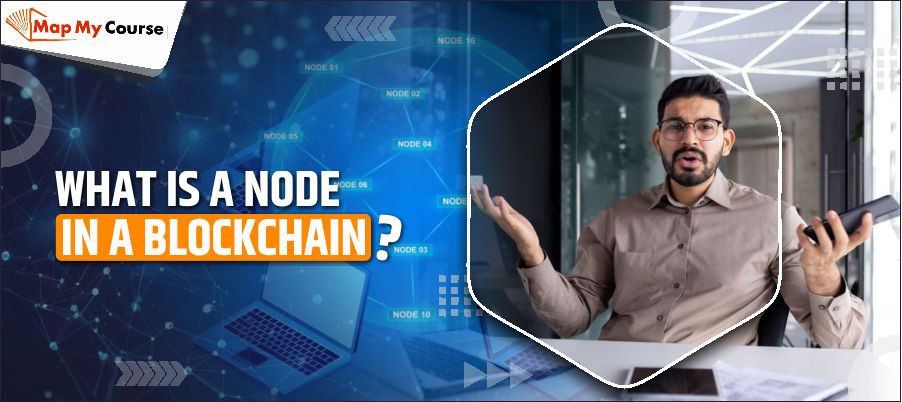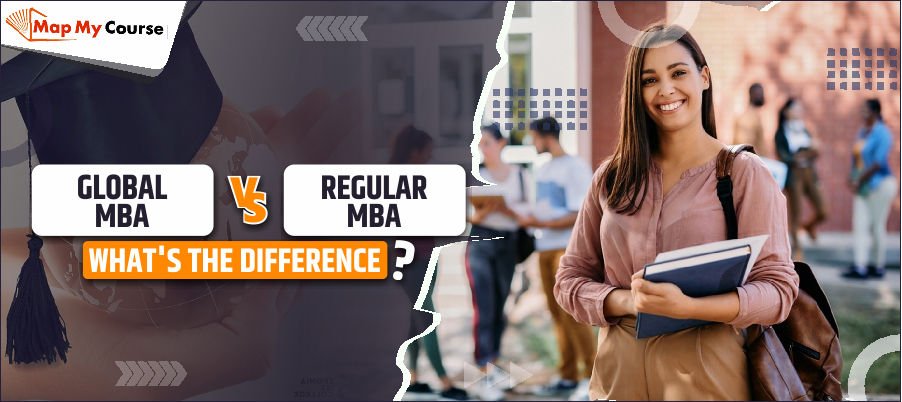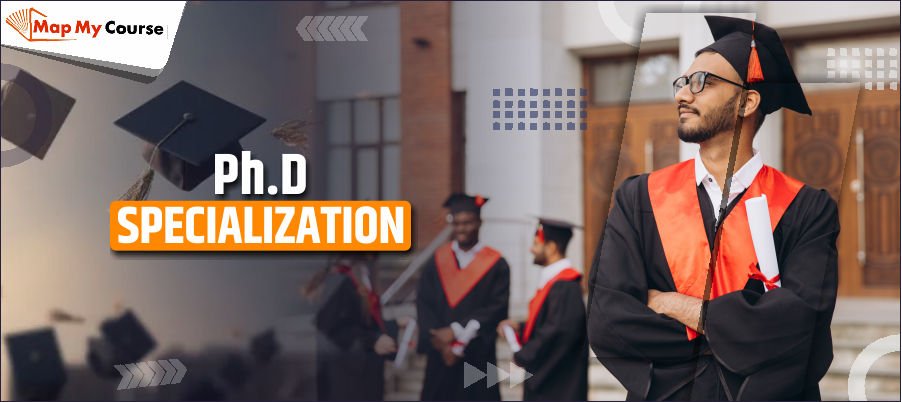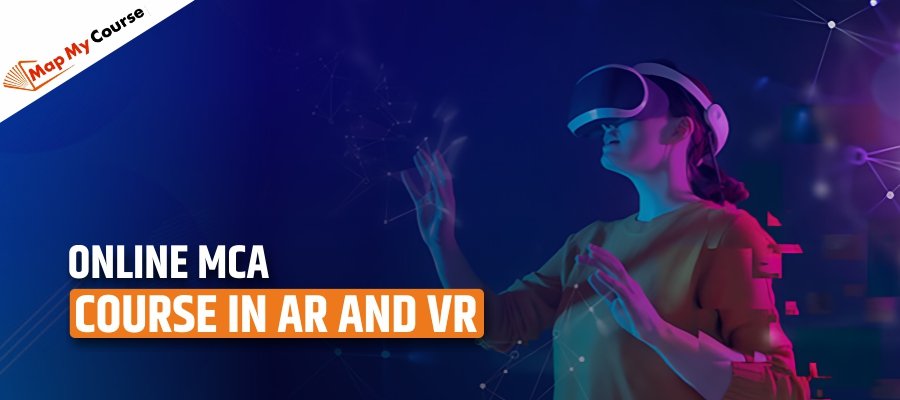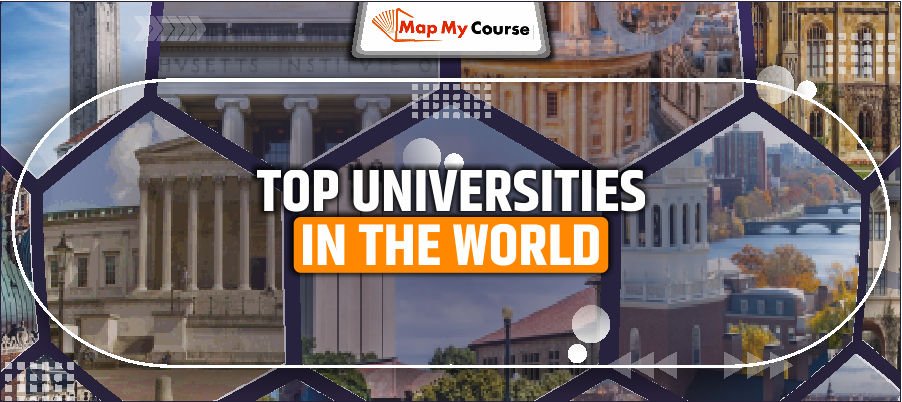In a dynamic move towards modernizing education, India has accepted online MCA classes with the usage of Augmented Reality and Virtual Reality technologies. This game-changer initiative will help the students explore everything practically, utilizing tools like interactive virtual environments and demonstrating a higher level of comprehension than ever before. The course intends to make use of Augmented Reality and Virtual Reality extensively, which is the most efficient way of comprehending highly complex concepts, creating a virtual collaborative environment, and engaging students in a hands-on simulated structure that breaks routine thinking of classroom boundaries. This program highlights the fact that India is striving to use up-to-date technology and innovation in education to improve the students’ graduation chances, readiness for tomorrow’s digital environment, and job prospects.
The Online MCA Course in AR and VR (Augmented Reality and Virtual Reality) courses have been designed for IT professionals in the digital way of life who are driven to achieve success through innovation and are future-oriented. Since technical developments in augmented reality (AR) and virtual reality (VR) technologies increasingly concern the class of sectors, therefore, taking this course will be a formidable step towards innovation and developing immersive products to solve the problems in sectors like gaming, healthcare, education, and other fields. Online learning offers a convenience to professionals to upskill with rapidly evolving technologies through mastering of the edge cutting technologies. Using this course, it will be possible to remain under our fellow citizens’ needs, to take the leading role, to keep up the speed, and to step forward on the journey of the implementation of digital projects.
Objective of Online MCA Course in AR and VR
- Foster Innovation: Encourage students to discover new Augmented Reality and Virtual Reality operations in gaming, entertainment, medical science, education, and industry.
- Enhance Skillset: Acquire a strong mastery of the Augmented Reality and Virtual Reality development tools, platforms, programming languages as well as design principles to build realistic & interactive experiences.
- Promote Collaboration: Get teamwork and collaboration by making projects, workshops, and discussions as the medium thus allowing students to work systematically across various disciplines to solve real-life issues.
- Ensure Industry Relevance: Apply for the program according to the market requirements and competencies that interest employers in this Augmented Reality and Virtual Reality technology that need employment.
- Cultivate Critical Thinking: Let students develop their critical thinking, creativity, and problem-solving ability skills for AR as well as VR for idea innovations and implementation.
- Empower Entrepreneurship: Encourage entrepreneurship by introducing the business aspect of the Augmented Reality and Virtual Reality capabilities which students can use to get business opportunities and develop business models.
Syllabus of Augmented Reality and Virtual Reality technologies
Semester – I | Semester – II |
· Graph Theory · Database management System · Java Programming · Software Engineering Principles · Professional Communication | · Research Methodology · Data Structures and Algorithm · Network Security · Professional Social Skills · Machine Learning Programming · AR and Applications |
Semester – III | Semester – IV |
· Cloud Infrastructure · Professional Ethics · Quantitative Aptitude · Linux Programming · VR and Applications · Conversational Experiences | · Project or Thesis |
It may vary according to University.
Benefits of Online MCA
- Flexibility and Convenience:
Online Courses are one of the Flexible Education Methods Because of the Timing and Place. Students will be able to use internet devices (laptops, tablets, and smartphones) to review course material, lectures, and assignments at any time from home, office, or even on the go, enabling them to study while at the same time juggling the rest of life, such as work, family responsibilities, and hobbies. The benefit of distance learning is that the person can access courses anytime and anywhere hence, this kind of education is very much convenient for those working professionals who need the skills to update or wish to acquire a university degree with no break in their careers.
- Accessibility:
Online learning gives this wider audience including individuals living a remote areas as well as with disabilities access to it. Equality for all, regardless of wealth, is being promoted as people from numerous social groups get an opportunity to engage in higher education, even if they are limited geographically or by their physical constraints.
- Cost-Effectiveness:
Online instruction courses normally have the fee lower than old traditional on-campus programs. Moreover, students are provided with excusable money transfers such as transportation, and accommodation, and that which contract all services involved in face-to-face physical learning. The value-for-money of higher education which has a bearing on its affordability, makes it more of a democratic institution.
- Interactive Learning Experience:
Improvised educational efficiency is achieved through the application of Augmented Reality and Virtual Reality technologies due to the characteristics of both immersive and interactive content. Learners can actively interact with the course materials more practically and excitingly, consequently, more information is considered seriously as well an in-depth understanding of complex topics is achieved. Interactive simulation, virtual laboratories, and 3-D visualizations help students gain a practical and tangible understanding of theories that might otherwise seem distant and abstract in the classroom.
- Real-World Applications:
The online MCA course in Augmented Reality and Virtual Reality is an innovative way to teach students things that they can implement directly into creating their products or services. Graduates in this field are competent in AR and VR development toolkits, programming languages, and design concepts, thus being endowed with skills required by companies in gaming, entertainment, medicine, education, architecture, and manufacturing.
- Industry-Relevant Curriculum:
Like online MBA courses, the course curriculum of online MCA courses consensually with the stalwarts of the industry is designed to guarantee it is adequate for the present industry needs and trends. Students will be updated on the recent innovations of augmented and virtual reality, various practical examples of their application as well as some principles and conventions of their development. Thus the focus on one profession gives them the edge to service the market demands and move on to their chosen path in their careers.
- Self-Paced Learning:
Using online courses students can study at their rate, that is on different terms such as making revisions, practicing the materials again and again, and performing the tasks. This form of independent study gives freedom to every participant and enables the satisfaction of various desires and needs of students with different levels of readiness to learn.
- Global Networking Opportunities:
In contrast to traditional classroom sessions, the students who come for the online courses come from across the world, from various cultures, and numerous professions. This increases the learning experience of the students by allowing them to interact with different people, see things from different angles and periods, and assimilate ideas of multiplicity. Besides, these virtual platforms enable the exchange of contacts and joint work among students, professors, and labor industry experts, thus, the emergence of tutoring, mutual learning, and career building.
- Career Advancement:
The achievers of the online MCA course in Augmented Reality and Virtual Reality will be equipped with the knowledge to unravel these technologies which will be the stepping stones for their career advancement and professional growth. The high worth of the expertise and the abilities obtained during the course make the trainees extremely competitive in the job market in areas where companies and organizations are applying the technologies of Augmented Reality and Virtual Reality more frequently. Whether that entails being a software developer, being a UX/UI designer, being a project manager, or pursuing an entrepreneurial venture, students are filled with learned skills to flourish in dynamic and innovative places.
- Personalized Support and Feedback:
Web-based courses regularly offer individualized support and critique of students through interactive rooms, discussions, and teacher-student tutoring. Being paid attention to individually, with the privilege of getting guidance, doubt clarification, and constructive criticism, and not in batches allows students to do just better.
- Lifelong Learning Opportunities:
The MCA online program on Augmented Reality and Virtual Reality which is part of lifelong learning, motivates students to stay relevant and updated about the latest technologies, market trends, standards, and processes. Graduates will be able to utilize the tools of skills, attitude, and resources to achieve adaptation to future developments, realize a door of development, and take advantage of potential opportunities during their careers.
Books for Online MCA
- Augmented Reality: Principles and Practice by Dieter Schmalstieg and Tobias Hollerer
- Virtual Reality: Concepts and Technologies by William R. Sherman and Alan B. Craig
- Unity Virtual Reality Projects: Learn Virtual Reality by developing more than 10 engaging projects with Unity 2018 by Jonathan Linowes
- Programming for Beginners: 6 Books in 1: Learn Programming in 6 Languages by Steve Tale
- Introduction to Game Development Using Processing by James R. Parker
- Virtual Reality Blueprints: Create Compelling VR Experiences for Oculus Rift and HTC Vive by S. Hussain, E. Kicinski, and G. McMinn
- Learning Virtual Reality: Developing Immersive Experiences and Applications for Desktop, Web, and Mobile by Tony Parisi
Opportunities in AR and VR Program
- AR/VR Developer:
- UI/UX Designer:
- Game Developer:
- Simulation Engineer:
- Educational Technologist:
- Healthcare Specialist:
- Architectural Visualizer:
- Marketing and Advertising Professional:
- Industrial Designer:
- Entrepreneur/Startup Founder:
- Researcher/Academician:
- Consultant/Advisor:
Other Specialization of Online MCA
Conclusion
The digital world of online MCA courses in augmented reality (AR) and virtual reality (VR) in India has changed the direction of the journey towards the new avenue of incorporating recent technology and working on a highly qualified professionals’ bank for the future’s digital age. This program provides students with flexible and easy-to-access instruction that addresses real-world challenges directly relating to the field, thus enabling the trainees with the Augmented Reality and Virtual Reality development skills needed and opens them up to a variety of career choices across industries. Training with emphasis on innovation, collaboration and implementation make graduates ready to drive advancements in the area of immersive technologies, design the user interfaces, and contribute to the transformation of the AR and VR in India and globally as well. By the time students complete the language course, they generally become well-versed professionals in AR/VR, which enables them to start different career paths throughout gaming, education, healthcare, architecture, marketing, and any other vocation.




